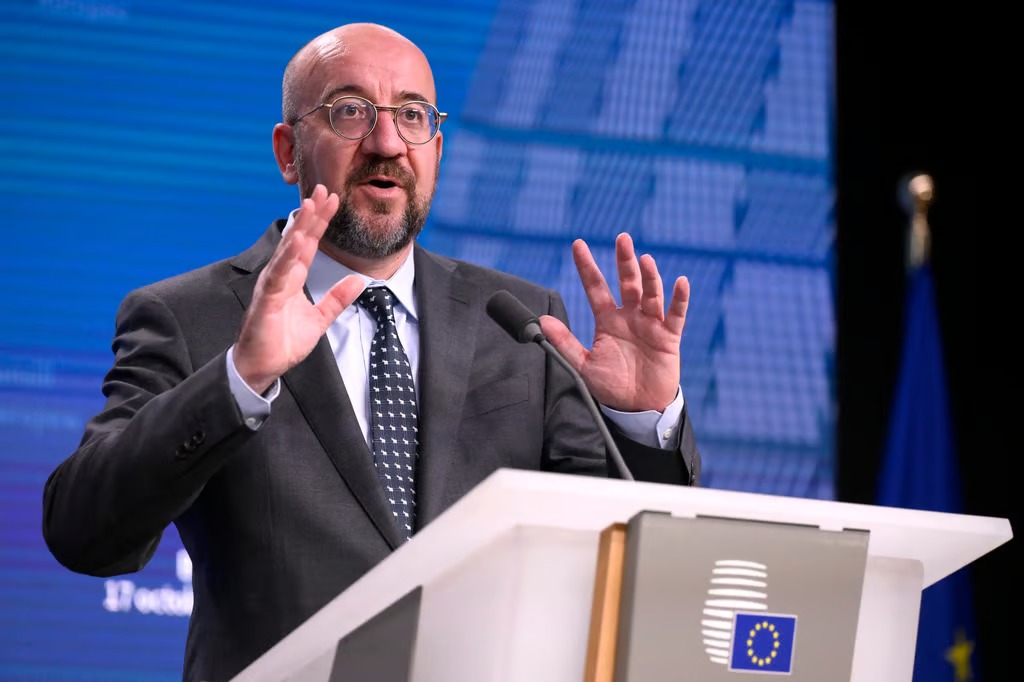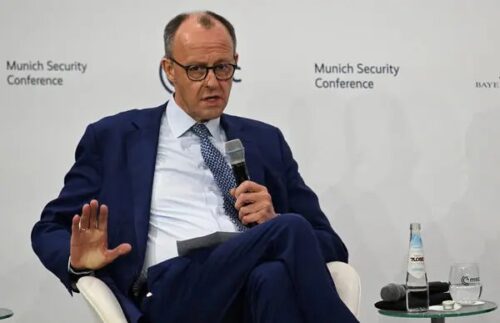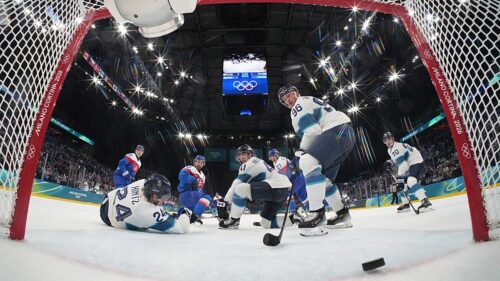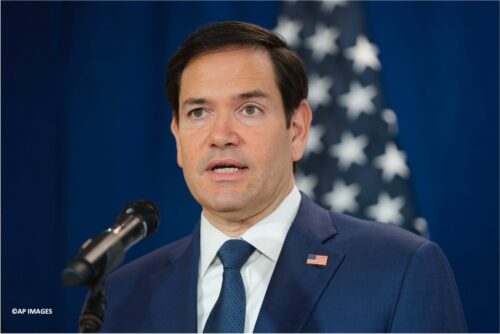
The fall of Artsakh was a personal defeat for Charles Michel: Oxford University Press to publish new book on Artsakh war
On Jan. 9, Hurst and Oxford University Press will publish a new book, titled “Ashes of Our Fathers: Inside the Fall of Nagorno-Karabakh.” Politico presents some highlights from the book telling about the fall of the region. As noted, in 2023, minutes before the first barrage began, up in the hills, volunteers and conscripts serving in the Nagorno-Karabakh Defense Army began noticing that the Russian peacekeepers who stood between them and enemy lines were jumping into vehicles and leaving in a hurry.
The violent end of Nagorno-Karabakh may have been a sign of Russia’s diminishing influence as a result of its catastrophic invasion of Ukraine, but it was a personal defeat too for the then-president of the European Council, Charles Michel. At the same time as Commission President Ursula von der Leyen was negotiating new fossil fuel deals with Baku, the bloc’s frequently sidelined other leader was trying to take on the role of mediator in the country’s conflict with Armenia. For nearly two years, whenever journalists reached out to Michel’s office with queries about some aspect of European affairs, they were batted away with a simple answer: He was busy trying to prevent a war in the South Caucasus.
This was an opportunity for the EU to step up, bolster its influence and replace Moscow’s brutal realpolitik with values-based humanitarian considerations. But, despite efforts to build relations with both sides, Michel’s campaign suffered from a fundamental failure to understand who he was dealing with — or how high the stakes were. If Armenia and Azerbaijan were talking, the Eurocrats concluded, at least it meant they weren’t shooting at each other. But, in reality, they were doing both. The near-daily clashes claiming hundreds of soldiers’ lives along the line of contact continued unabated, and EU officials, determined not to lose their role as impartial facilitators, refused to comment on who was to blame. Whenever there was even a hint of criticism aimed at Baku, Azerbaijan’s most prominent commentators would loudly warn that the EU was losing its perceived neutrality. To speak to officials in Brussels was to enter a parallel universe where everything was moving in the right direction. Careful diplomacy was the only way to prevent misunderstandings, they had opined in 2022, when Azerbaijan launched its Two Day War against Armenia. The talks were really promising, they insisted a few months later, as the blockade began and people started to starve. Peace, they maintained, had never been closer—just as it seemed more than ever like another war was on the cards. Every move Azerbaijan made to bring about the inevitable showdown shifted the frame of reference for diplomacy; they might have imposed the blockade but they’ve at least now agreed to let the Red Cross operate, so that’s a positive development, the thinking went. Baku was taking three steps forward and winning plaudits whenever it moved a millimeter back. The heart of the problem was that the people in the room simply weren’t qualified to deal with the conflict they had waded into. In the arena of Western politics, the worst imaginable outcome was that a poorly phrased missive might rile an EU country’s prime minister or upset an industry lobby group. Now, they’d inserted themselves into a bitter ethnic dispute where the worst thing that could happen was somebody burning down your house and cutting your head off. That was simply unimaginable for career diplomats who put total faith in the idea that no problem was too big to be sorted out over a plate of sandwiches in a Brussels meeting room. Brussels thought it had what it took to run the show. Michel’s team constantly talked up his credentials as the former prime minister of Belgium. But being at the helm of a tiny Western European nation with no notable active foreign policy conflicts or international disputes did not instantly turn a lifelong centrist politician into a titan on the world stage. Worse still, he wasn’t even a titan in his own office.
As European Commission president, von der Leyen wielded far more practical power than Michel did in his largely symbolic role. And she was set on doing her gas deal with Baku, no matter whether it compromised Michel’s ability to act as a mediator or not. Apart from an initial call for restraint and respect for the rights of the Artsakh Armenians on Twitter, he almost never again commented on the issue publicly. Through the 24 hours of fighting, and the four days of chaos and uncertainty that followed, those in the Nagorno-Karabakh security services had tried to do their jobs as best they could, coordinating the response and tracking the enemy troops getting closer and closer to the capital. Now they’d done all they could.


